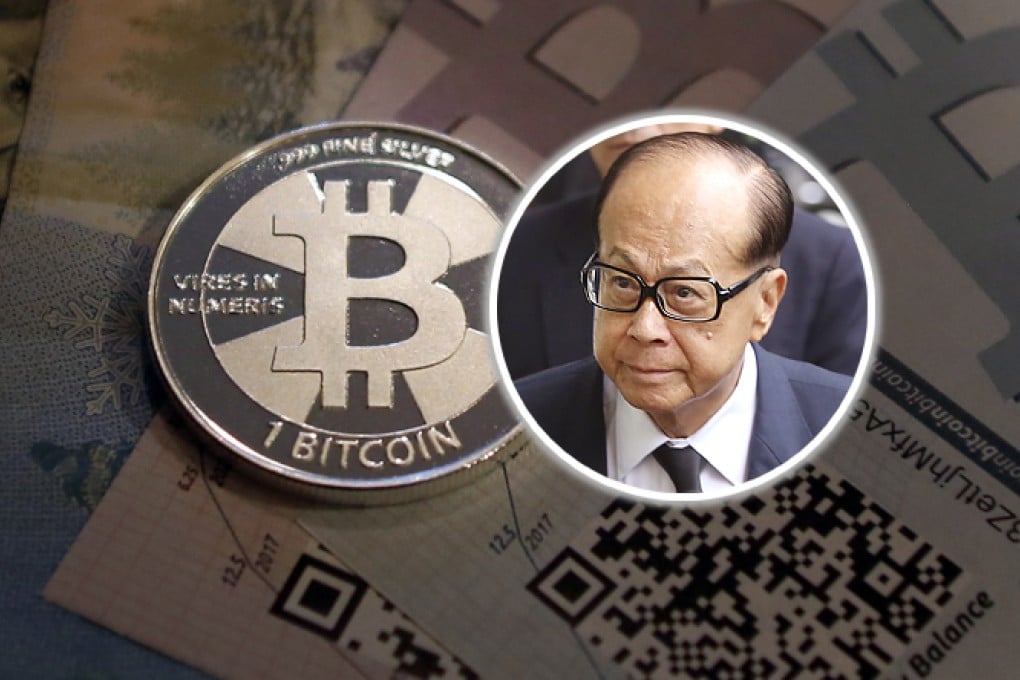New | Li Ka-shing's bitcoin play is worth emulating, says top economist
Economist recommends buying in to firms providing services to virtual money, as Asia's richest man has

Investors looking for a way to make money from the global bitcoin bonanza should steer clear of the pseudo currency itself and instead follow Li Ka-shing's lead: buy in to the firms providing the services that bitcoin holders use.

"Just like investors in days gone by made more money out of selling shovels and picks to gold-diggers than anyone ever made out of the gold mine, he is investing in the peripheral activity that bitcoin has generated," Greenwood said.
Asia's richest man, Li Ka-shing has invested in BitPay, the digital currency equivalent of PayPal, through his venture capital company, Horizons Ventures.
A spokeswoman for Horizons Ventures said the group would not comment on the details of the investment.
BitPay said it was "fortunate to have the benefit of many supportive investors, including Horizons Ventures".